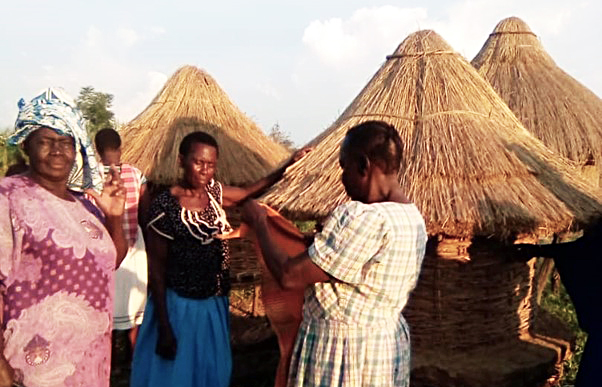AFRICE works with Indigenous communities who are demanding for legal recognition of their customary governance systems for protection of their food and ecosystems; focusing on biodiversity and nature conservation. AFRICE is a founding member of African Earth Jurisprudence Collective, a net work of organisations and individuals committed to promoting African customary and traditional governance systems long suppressed by colonialism. Their Vision is “Empowered communities applying their indigenous knowledge and customs for improving their landscapes and livelihoods.” AFRICE is also a member of African Biodiversity Network (ABN) Global Alliance for Rights of Nature (GARN) .
AFRICE uses a holistic approach led by community Elders, whose knowledge systems have been sustained through inter-generational learning. The approach is informed by the theory and practice of Earth jurisprudence ; where the traditional cultures of Indigenous people enshrine the rights of Nature. The approach recognizes the rights of communities to use their customary laws and practices to protect their landscapes, sacred places where biodiversity and ecosystems thrive together and guarantee healthy foods and lives of these communities. Elders are the custodians of Nature and the seed (especially women) and Indigenous seed diversity is at the center of ensuring food security.
A 5-day retreat for custodians of Sacred Natural Sites (SNS) was held to discuss how to strengthen their spirituality and structures for protection of SNS for improvement of their landscapes.
They also facilitated a meeting for women custodians of sacred seeds to plan for sacred seed diversity to be used in the SNS.















